Daytime habits to improve pre-teen and teenage sleep
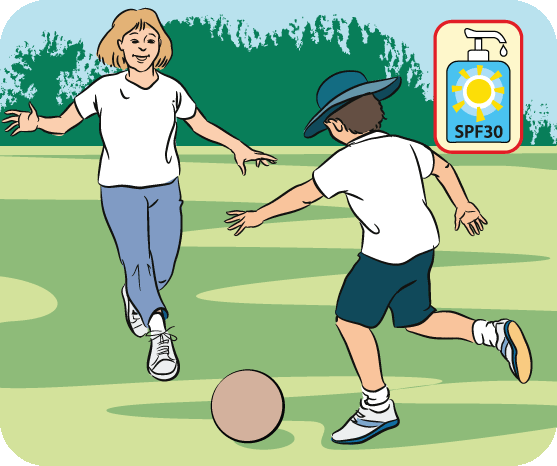
Physical activity and natural daylight can help your child’s body produce melatonin at the right time each night.

Your child should avoid caffeine for 6 hours before bedtime. Caffeine keeps you awake. Caffeine is in chocolate, cola, tea, coffee and energy drinks.

Your child should keep naps to 20 minutes, and avoid naps close to bedtime. Long naps close to bedtime can make it harder to get to sleep and sleep well at night.
Bedtime habits to help pre-teens and teenagers sleep better at night
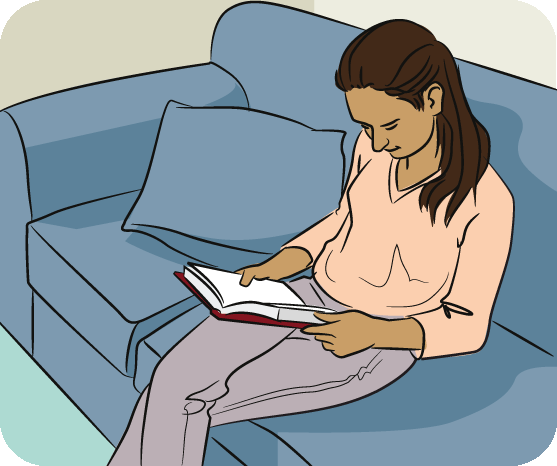
Encourage your child to wind down before bed. Your child could read, listen to quiet music, do some craft, or have a warm bath.
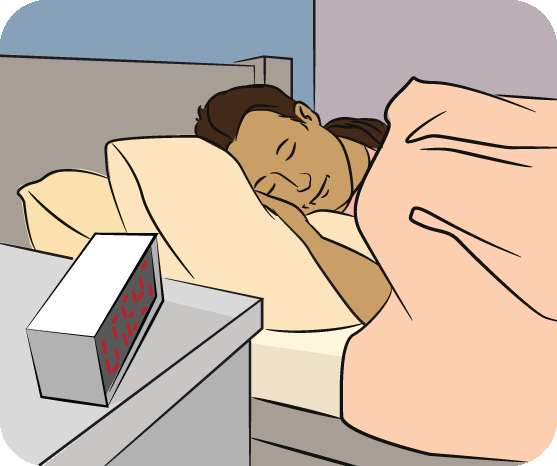
Encourage your child to go to bed at the same time every night.

Make sure your child falls asleep in bed each night, rather than in a family area.
Good habits to help pre-teens and teenagers wake up

Keep devices out of bedrooms, and make sure they’re switched off an hour before bed. Using devices before bed can interfere with sleep and make your child tired in the morning.
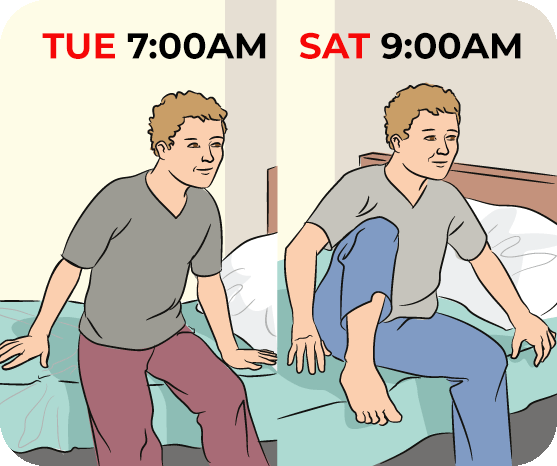
Keep wake-up times on school days and weekends to within 2 hours of each other. This helps to keep your child’s body clock regular.
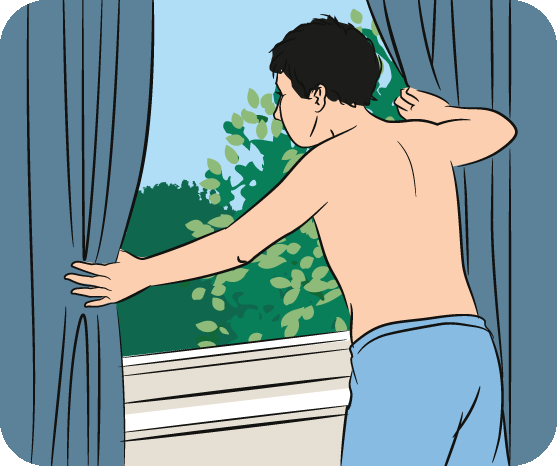
Let the sunshine in! Sunshine helps switch off melatonin, so your child feels alert and ready to wake up.
Languages other than English
- Arabic (PDF: 513kb)
- Dari (PDF: 931kb)
- Dinka (PDF: 533kb)
- Hakha Chin (PDF: 457kb)
- Karen (PDF: 498kb)
- Persian (PDF: 487kb)
- Simplified Chinese (PDF: 877kb)
- Swahili (PDF: 456kb)
- Tamil (PDF: 473kb)
- Vietnamese (PDF: 476kb)